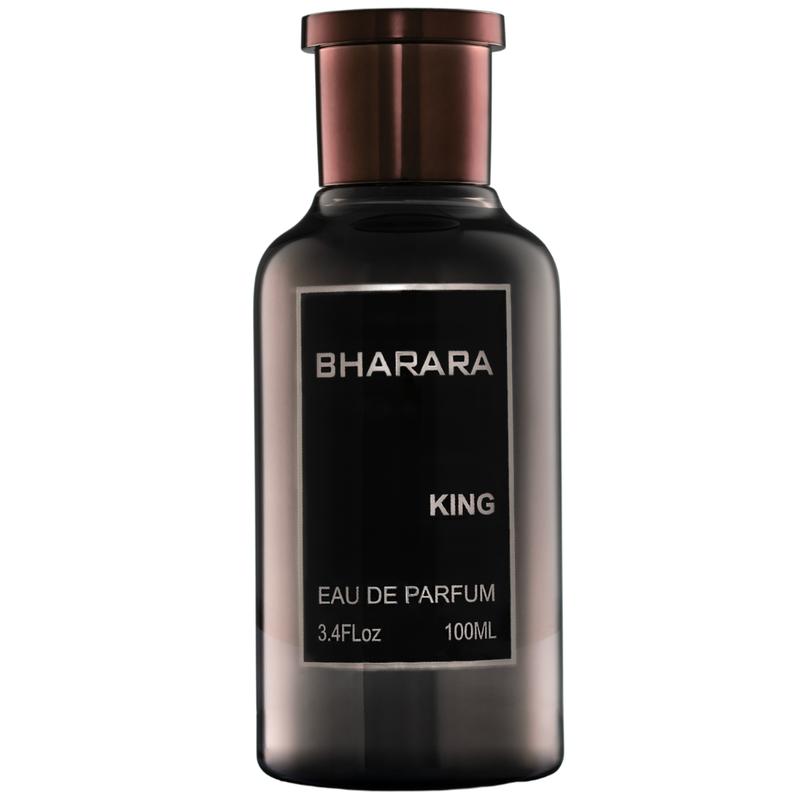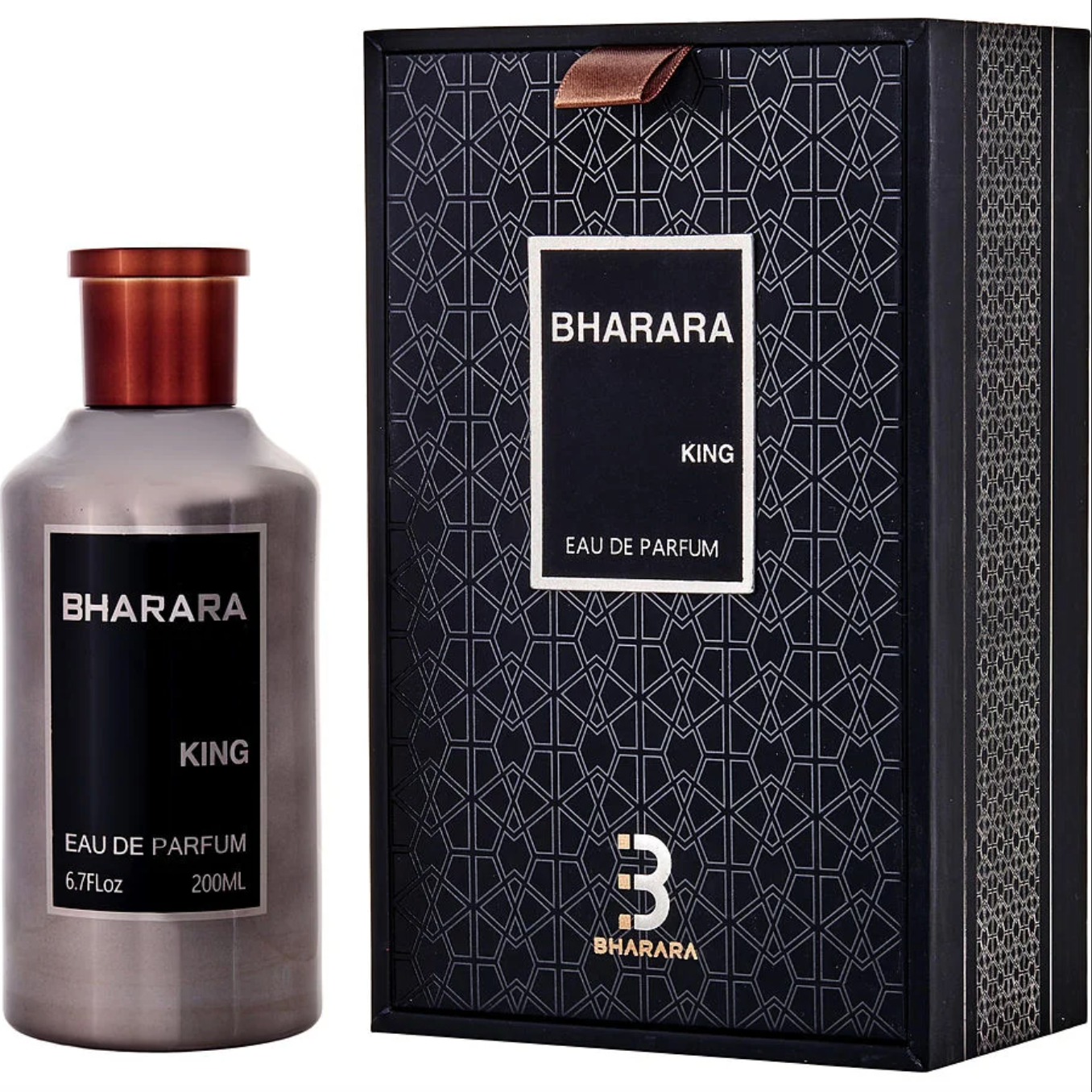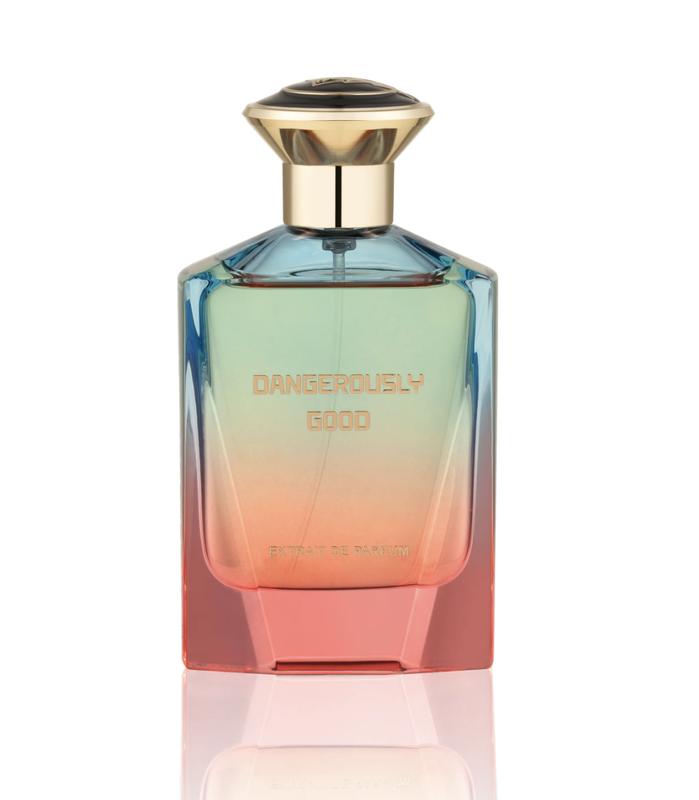Bergamot scent is one of those quiet heroes in the perfume world. It might not get the spotlight like roses or sandalwood, but without it, many of your favorite fragrances just wouldn’t be the same.
If you’ve ever caught a fresh, citrusy note in a perfume and thought, Wow, that smells clean and elegant, chances are you were smelling bergamot.
At Fragrant Villa, a place known for offering handpicked perfumes from around the world, many of the best-loved scents include this understated but essential ingredient.
In this article, we’ll explore what makes bergamot such a vital part of modern perfumery, why it keeps showing up in so many timeless and trendy perfumes, and how you can spot its presence the next time you test a fragrance.
What Is Bergamot Scent?
Let’s start with the basics. What is bergamot scent?
Bergamot comes from the bergamot orange, a small citrus fruit that grows mostly in southern Italy. It looks a bit like a lime but has a more yellow-green color when ripe.
The scent of bergamot is extracted from the peel of the fruit using a cold-pressing method. It’s prized for its unique fragrance, which manages to be citrusy, spicy, floral, and slightly bitter all at once.
This balance is what makes the bergamot scent so popular in the world of perfumery. It’s bright and uplifting without being too sharp. It cuts through heavy notes and adds freshness, yet it also brings warmth and complexity. That’s a hard combination to find.
Bergamot: The Perfume World’s Top Note Favorite
If you look at the ingredient list of a perfume, especially an Eau de Parfum, you’ll often find bergamot right at the top. That’s because it’s commonly used as a top note.
Top notes are the scents you smell first, within the first 10 minutes after applying a perfume. They’re meant to grab your attention and make the first impression. Since bergamot is both fresh and inviting, it works beautifully to set the stage for deeper middle and base notes.
Think of bergamot as the opening line in a story. It’s crisp, memorable, and leaves you wanting more.
The Evolution of Bergamot in Modern Perfumery
While bergamot has always been around in classic compositions like 4711 Cologne and Eau Sauvage by Dior, its role in modern perfumery has evolved.
It’s no longer just used in fresh colognes and traditional scents. Today, you’ll find it in woody fragrances, spicy blends, and even gourmand creations.
Modern perfumers often use bergamot as a way to keep heavier compositions from becoming too overwhelming. In deeper perfumes with leather, oud, or amber, a touch of bergamot helps brighten things up. It adds sparkle to something that might otherwise feel too dense.
It’s also found in many unisex and niche fragrances. With the growing popularity of gender-neutral perfumes, bergamot has become a go-to choice for perfumers looking to create something that feels clean but not overly feminine or masculine.
Bergamot Scent Description: What Does It Really Smell Like?
Trying to put the bergamot scent into words can be tricky, but here's a simple description that helps.
A typical bergamot scent description would include:
-
A fresh, zesty citrus feel
-
Hints of sweet orange mixed with a bit of bitterness
-
Subtle floral undertones
-
A slightly spicy or peppery twist
Some people say it smells like a cross between lime and orange, but smoother. Others describe it as the smell of Earl Grey tea, since bergamot oil is the signature ingredient that gives the tea its aroma.
What makes bergamot special is that it doesn’t overpower. It complements other notes in a perfume and makes everything feel more blended and polished.
Perfume With Bergamot Scent: A Versatile Addition
There are hundreds of perfumes with bergamot scent as a key ingredient. Because it pairs well with so many other notes, you’ll see it in a wide range of styles.
Here are a few popular types of perfumes where bergamot often plays a central role:
-
Citrus-Based Perfumes
These are fresh, clean, and often used in summer. Bergamot is usually blended with lemon, grapefruit, or neroli to create an energizing effect.
-
Woody Perfumes
Bergamot balances out rich, earthy ingredients like cedarwood and sandalwood, giving the fragrance a smoother opening.
-
Spicy or Oriental Perfumes
In more complex blends, bergamot adds a hint of brightness and keeps the fragrance from feeling too heavy.
-
Floral Scents
Paired with jasmine, rose, or lavender, bergamot can lift the floral notes and add a touch of citrus zest.
Some well-loved perfumes that feature bergamot include Acqua di Parma Colonia, Chanel Chance Eau Fraîche, and Tom Ford Neroli Portofino. Each of these fragrances showcases how flexible and powerful bergamot can be, even when it’s not the main star.
The Mood-Boosting Power of Bergamot
Bergamot isn’t just a scent for perfumes. It’s also known for its aromatherapy benefits. Studies have shown that bergamot oil can help reduce stress and improve mood. That’s part of the reason it’s used so widely in fragrances; it not only smells great but also makes you feel good.
When you wear a perfume with bergamot scent, you’re often getting a little mental pick-me-up. It’s a scent that feels refreshing, calming, and energizing all at once.
This emotional connection is a big part of why bergamot continues to be so popular. Perfume isn’t just about smelling nice. It’s about how it makes you feel. And bergamot gets that balance just right.
Bergamot’s Role in Niche and Luxury Perfumes
The rise of niche perfumes has brought even more attention to bergamot. These smaller brands often focus on creating more unique or artistic scents. Because bergamot is so adaptable, it becomes a key player in these high-end blends.
In luxury perfumery, quality matters, and that includes the type of bergamot oil used. The best bergamot comes from Calabria in Italy.
It’s harvested carefully and cold-pressed to preserve its full aromatic profile. This level of detail helps create perfumes that smell rich, natural, and long-lasting.
Whether you’re trying something classic or exploring a newer niche brand, bergamot is one of those notes that feels timeless yet modern at the same time.
Why Bergamot Still Matters Today
In a world full of new fragrance ingredients and synthetic creations, bergamot stands out because of its simplicity and depth. It’s easy to love and hard to replace.
Modern perfumers continue to reach for bergamot when they need something that brings freshness, warmth, and harmony to a blend. It’s used in everything from everyday fragrances to high-end luxury scents.
Whether you prefer something light and fresh or rich and complex, chances are bergamot is working quietly in the background, making the entire fragrance smell better.
Bergamot’s Lasting Touch
Bergamot might not always be the note people recognize first, but it’s one of the most important ingredients in modern perfumery. It opens up a scent, adds elegance, and ties everything together beautifully.
So next time you spray your favorite perfume and notice that clean, citrusy start, take a second to appreciate bergamot. It’s doing a lot more than you think.
If you're curious to explore perfumes with bergamot scent or want to find a new signature fragrance that uses it in a creative way, Fragrant Villa offers a range of handpicked options for every taste.
Whether you're into citrusy freshness or warm and woody depth, there's likely a bergamot-based scent waiting to become your next favorite.












